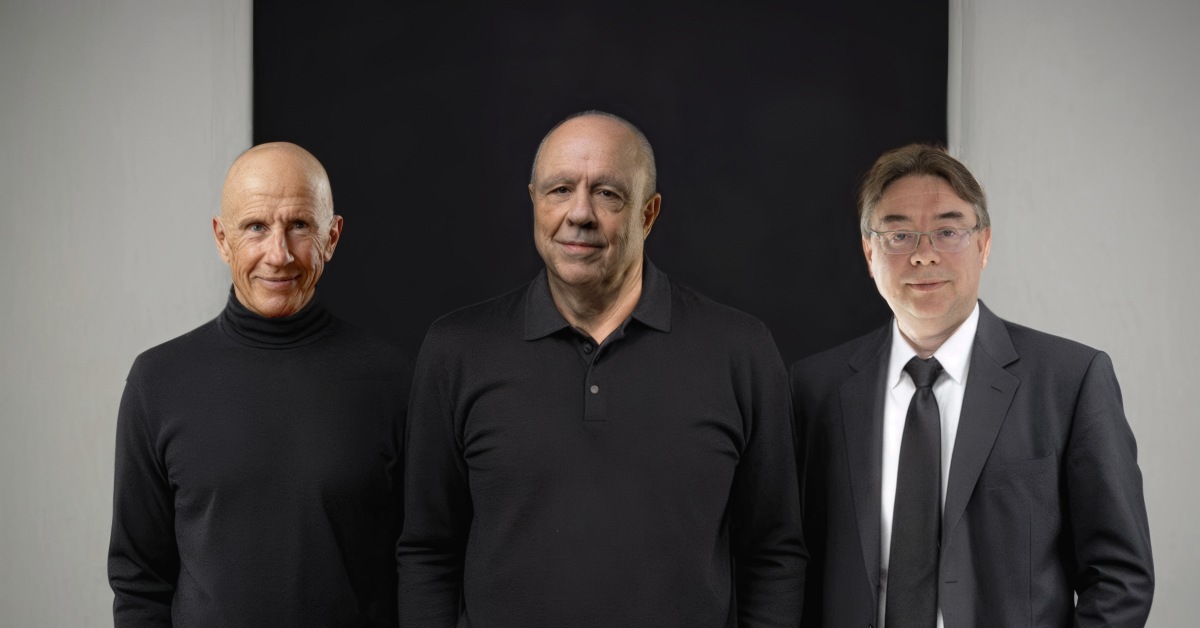The European Commission has presented a legislative proposal to establish a common charging port – USB Type-C – for all relevant devices, including smartphones, tablets, cameras, headphones, portable speakers, and handheld video game consoles sold in the EU.
Aims to reduce e-waste
The proposal aims to reduce e-waste by encouraging consumers to re-use existing chargers when buying a new device. This would directly impact Cupertino tech giant Apple since it uses its proprietary Lightning connector, unlike its competitors. Further, the Commission proposes to unbundle the sale of chargers from the sale of electronic devices.
Commissioner Thierry Breton, responsible for the Internal Market, said, “Chargers power all our most essential electronic devices. With more and more devices, more and more chargers are sold that are not interchangeable or not necessary. We are putting an end to that. With our proposal, European consumers will be able to use a single charger for all their portable electronics – an important step to increase convenience and reduce waste.”
Why this proposal?
The European Union executive and EU lawmakers have been pushing for a common charging standard for some time despite protests from Apple and other companies.
Apple claims that such a move would harm innovation. However, the company has transitioned almost all of the iPad models to USB-C including the latest iPads.
According to the Commission, this will improve consumers’ convenience and reduce environmental footprint associated with the production and disposal of chargers.
Margrethe Vestager, Executive Vice-President for A Europe Fit for the Digital Age and Competition, European Commission, says, “European consumers were frustrated long enough about incompatible chargers piling up in their drawers. We gave the industry plenty of time to come up with their solutions, now time is ripe for legislative action for a common charger. This is an important win for our consumers and environment and in line with our green and digital ambitions.”
24 months to adapt
To become a law, the draft proposal must be approved by member EU countries. If at all the proposal is passed, manufacturers would then have 24 months to adapt their products to use USB Type-C.
Even though the proposal is focused on the charging port on the device end, the Commission says it eventually hopes to ensure ‘full interoperability’ on both ends of the cable. The power supply end will be addressed in a review to be launched later this year.
Around half of the chargers sold with mobile phones in the EU in 2018 had a USB micro-B connector, while 29 per cent had a USB C connector and 21 per cent a Lightning connector, a Commission impact assessment study in 2019 found.
The revision of the Radio Equipment Directive is part of the Commission’s broader action to address the sustainability of products, in particular electronics on the EU market, which will be the focus of a forthcoming proposal on sustainable products.










01
From telecom veteran to Dutch Startup Visa success: The Jignesh Dave story